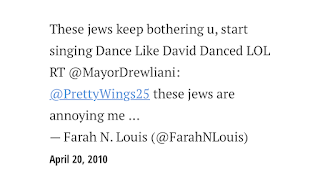The 2018 municipal elections in Beit Shemesh shocked Israel and the Jewish world. A religious-Zionist woman, Dr. Aliza Bloch, defeated the incumbent ultra-Orthodox mayor in a city in which the ultra-Orthodox are the majority.
by Dov Lipman
Since then there has been a noticeable improvement in municipal services, and appointments have been made based on skill, ability and experience, and not on political deals and nepotism.
But what happened at the Beit Shemesh Remembrance Day ceremony reflects the greatest change the city is experiencing since the election.
Thousands of residents gathered at the city memorial for those who have been killed while serving in the IDF or in terror attacks. The ceremony included prayers, musical presentations, a moving video about the 100 residents who lost their lives for the country, and speeches from the mayor, a member of Knesset and a relative of one of those who had been killed.
The very first musical presentation shocked the audience. A choir made up of ultra-Orthodox men and boys walked onto the stage, along with a hassidic cantor. They sang the prayer for IDF soldiers. That’s right. In Beit Shemesh – a city where religious extremists ruled in past years and where soldiers have had to use caution and not enter certain ultra-Orthodox areas in uniform – an ultra-Orthodox choir and cantor openly sang the prayer for IDF soldiers.
That never happened when the city had an ultra-Orthodox mayor. But with the victory of a religious-Zionist mayor whose stated goal was to unify the city and create an atmosphere where all populations could feel comfortable, the previously silenced moderate ultra-Orthodox population – which believes in tolerance, coexistence and the integration of the ultra-Orthodox into society – is now able to make its voice heard.






























